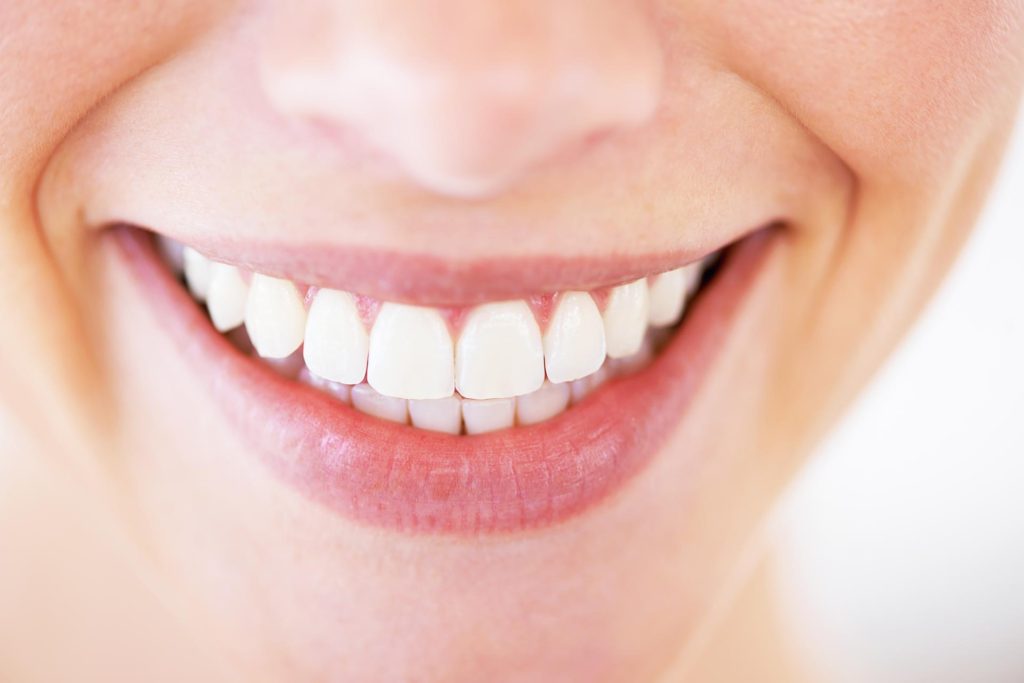
After tooth extraction, direct smoking or passive exposure of the patient to cigarette smoke is harmful to oral health and the whole body.
Cigarette smoke has a negative effect on the overall health of the body as it will have direct effects on the circulatory system by traveling through the respiratory system through the mouth or nose.
After tooth extraction, the blood clot formed for new tissue production starts the healing process by protecting the underlying bone and nerve endings. Interruption of blood flow and dissolution of the clot can slow healing and cause dry socket formation. This can leave bone and nerve endings exposed and trigger serious health problems. It may also cause deterioration of the jawbone due to the formation of gum diseases and may require the extraction of other teeth.
When cigarette smoke is taken directly into the body, 7000 harmful chemicals, and when it is smoked passively, around 4000 harmful chemicals damage many parts of the body. It weakens the immune system that fights infections that may occur in the body. People exposed to smoke near smokers face similar health risks as smokers.
During cigarette consumption, the sucking motion and the effect of harmful chemicals on the bloodstream have a disruptive effect on the formation of the clot. Since these effects increase the risk of dry socket and various infections, patients are warned not to smoke for a minimum of 3 days. In fact, it is necessary to extend this period even further or to stop smoking completely in order to protect oral health. On the other hand, patients should not brush their teeth, should not use straws, and should consume soft, chewy, not overly hot or cold foods instead of hard and dry foods.
Carbon monoxide and cyanide in smoke delays wound healing. It causes damage to soft tissue and bone tissues. After tooth extraction, it makes it more difficult to heal possible gum infections, increasing the likelihood of damaging other teeth and causing different oral diseases.
The effects of smoking on oral health in general are varied. It can cause bad breath, loss of smell and taste, change in tooth color, tooth decay by increasing plaque formation, salivary gland inflammation, gum diseases, prolonged healing time after tooth extraction, decreased success rate in implant treatments, and increased risk of oral cancer.





